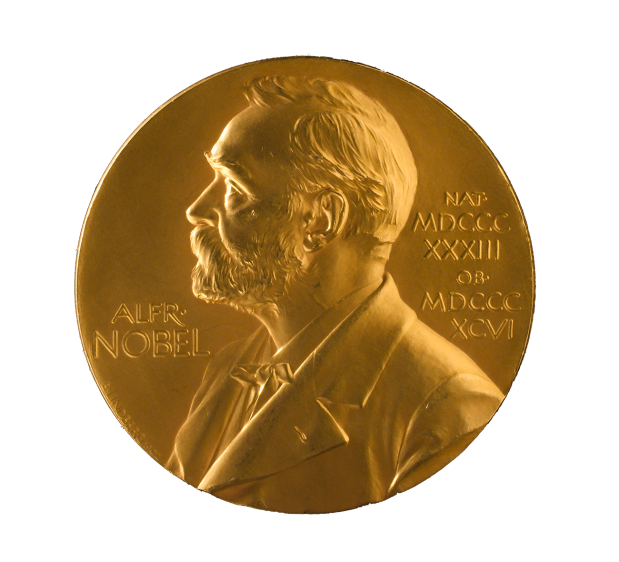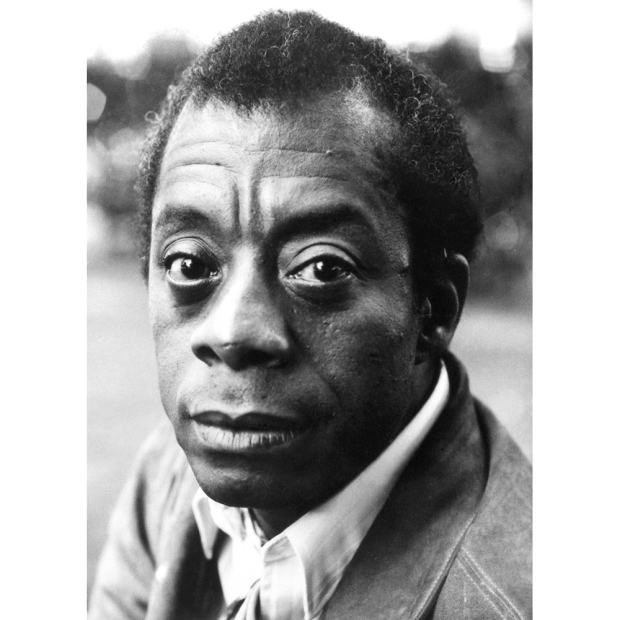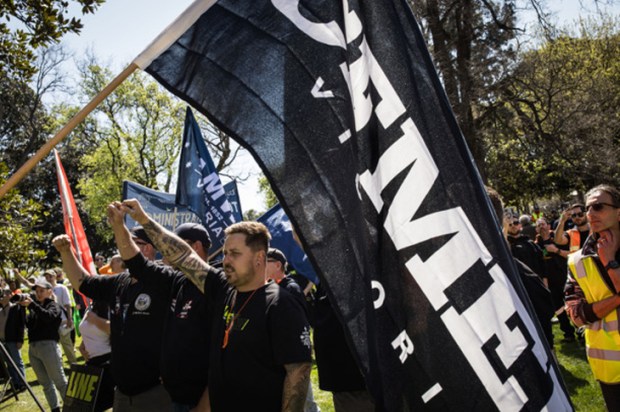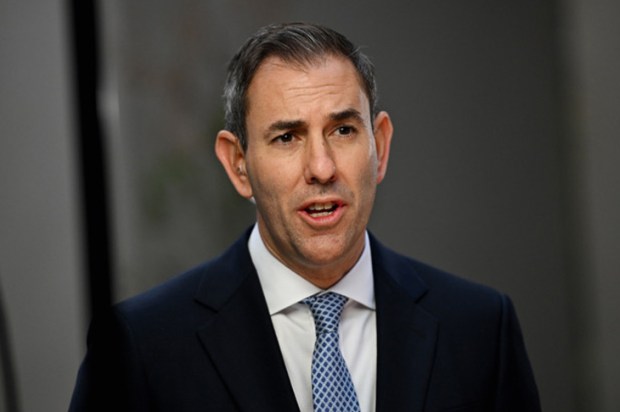The catalogue of 20th-century writers who committed suicide is long and sad: Sylvia Plath and Virginia Woolf, Ernest Hemingway and Sarah Kane, Stefan Zweig and Marina Tsvetaeva, to name only a few. Yet even amid this litany of literary misery, one name stands out for being perhaps more famous for their death than their work: Yukio Mishima (1925-70), who attempted a military coup before performing ritual suicide – hara-kiri – in the immediate aftermath of its failure.
Already a subscriber? Log in
Subscribe for just $2 a week
Try a month of The Spectator Australia absolutely free and without commitment. Not only that but – if you choose to continue – you’ll pay just $2 a week for your first year.
- Unlimited access to spectator.com.au and app
- The weekly edition on the Spectator Australia app
- Spectator podcasts and newsletters
- Full access to spectator.co.uk
Or
Unlock this article
You might disagree with half of it, but you’ll enjoy reading all of it. Try your first month for free, then just $2 a week for the remainder of your first year.














Comments
Don't miss out
Join the conversation with other Spectator Australia readers. Subscribe to leave a comment.
SUBSCRIBEAlready a subscriber? Log in